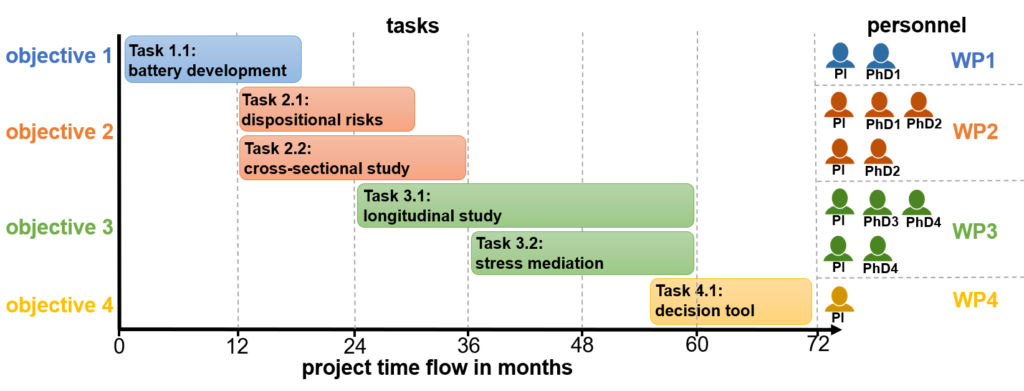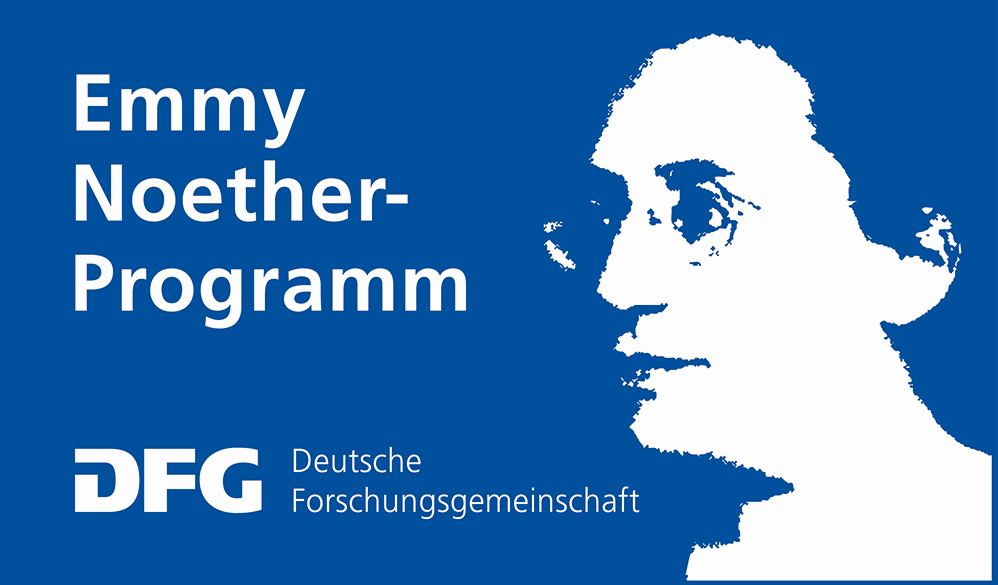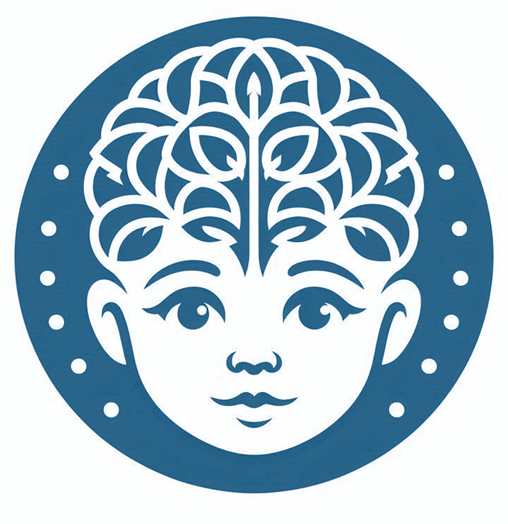PROJECT OVERVIEW
Locus-Coeruleus Norepinephrine functioning
as a predictor of childhood mental health
Our motivation
Mental Health Disorders (MHD) describe suffering by altered cognition, emotion, and behavior. MHD remain a leading cause of the global burden of diseases. Most MHD diagnoses have an onset in the childhood and lead to a lifetime of psychopathology. In addition, MHD diagnosis are rising since the 2010s, which has been accelerated during the COVID pandemic. Several stakeholders came to the conclusion that we are in a “Youth Mental Health Crisis“.
Our research hypothesis
Recently, the locus coeruleus – norepinephrine system (LC-NE) has been established as a modulator of sensory processing that translates endocrine stress responses to neurophysiological excitability. We propose LC-NE functioning as a developmental mechanism that underlies early dispositional risks for MHD and explains a differential susceptibility to childhood adverse experiences. LC-NE functioning is conceptualized as a biomarker that shapes psychopathology across diagnostic labels.

Our project plan
LOCUS-MENTAL will put this to the test in a transdiagnostic, developmental, and dimensional approach. We will assess LC-NE functioning in preschoolers as a predictor of a later psychopathology and stress regulation.
- Task 1: We will utilize pupillometry as a feasible neuroimaging technique to quantify LC-NE functioning in our outpatient clinic for early detection.
- Task 2: LC-NE functioning is characterized as a neurophysiological mechanism of early dispositional risks by concurrent pupillometry and electroencephalography.
- Task 3.1: This will be extended in an accelerated longitudinal design to reveal prospective effects. In cross-lagged panel models, we will quantify the relationship of LC-NE functioning, transdiagnostic psychopathology, and childhood adversity.
- Task 3.2: LC-NE functioning in stress regulation is explored by combined pupillometry and analyzing hair cortisol levels and salivary cortisol after a social stress test.
LOCUS-MENTAL ultimately aims to generate an objective tool of risk prediction based on pupillometric markers that informs an early and targeted prevention of lifetime psychopathology (task 4.1).

Our funding
LOCUS-MENTAL is funded as an independent Emmy-Noether Research Group by the German Research Foundation with a project runtime of 6 years (2024-2030).


